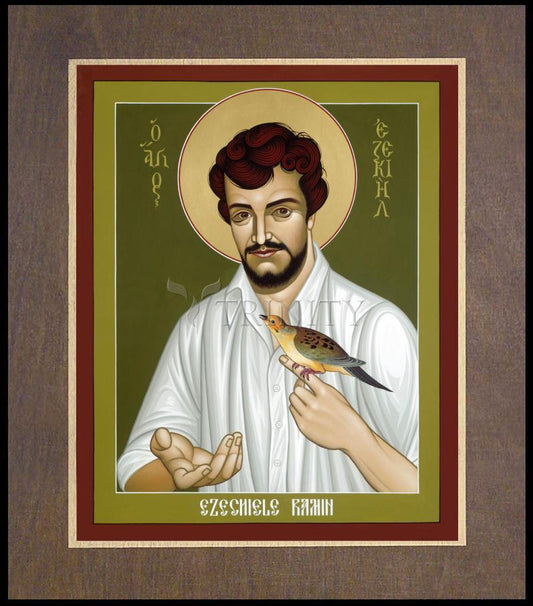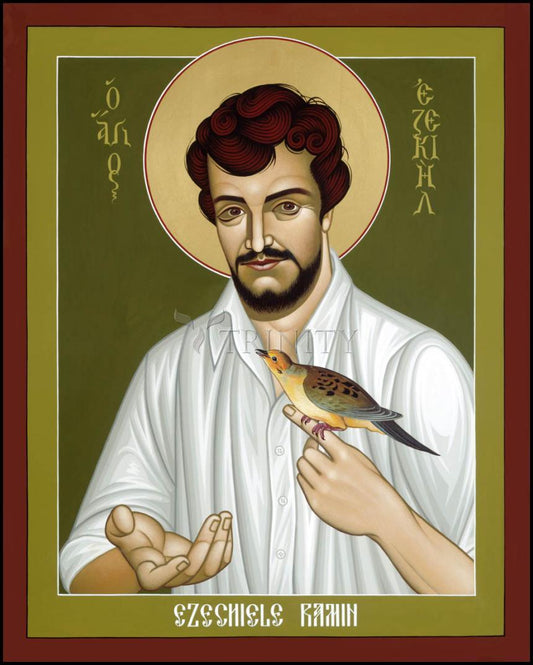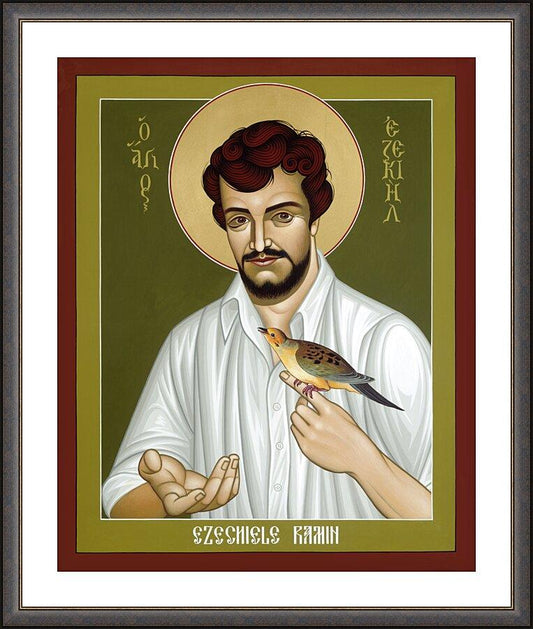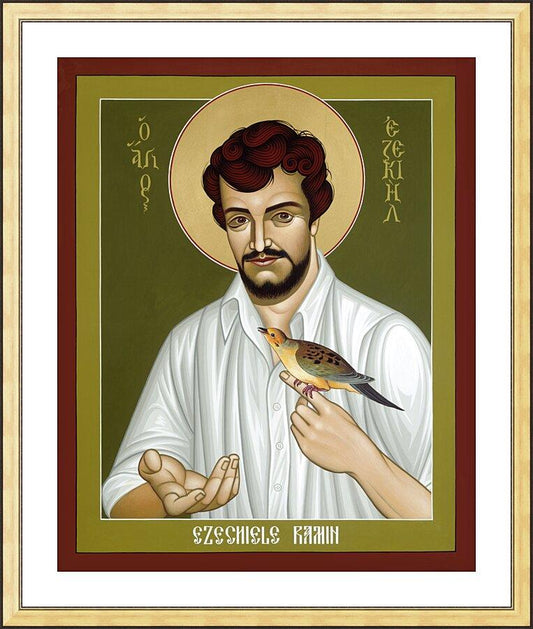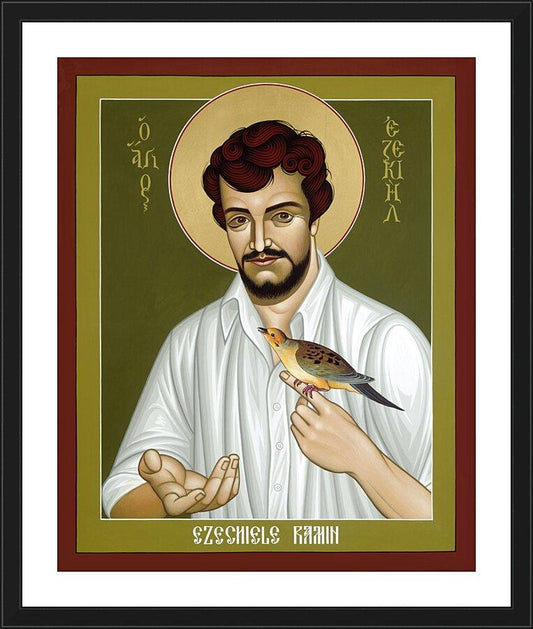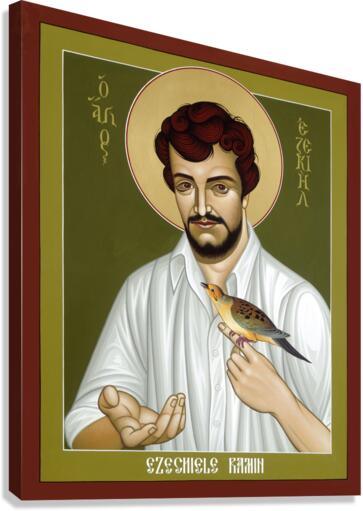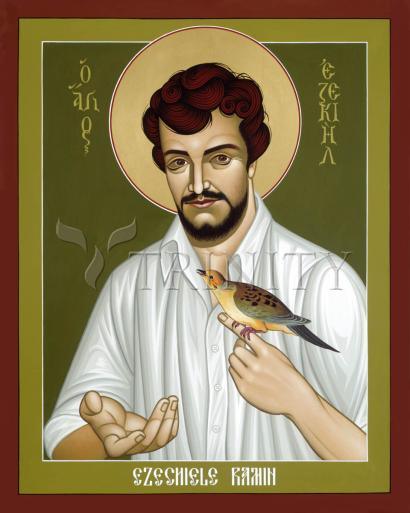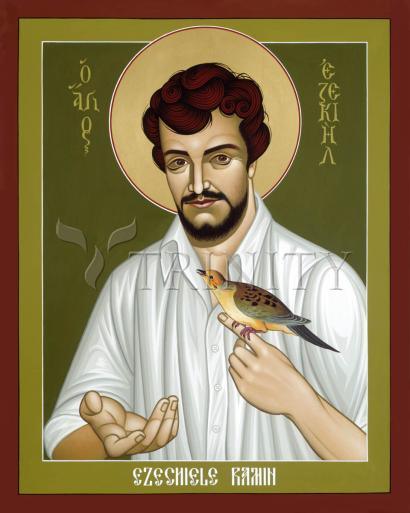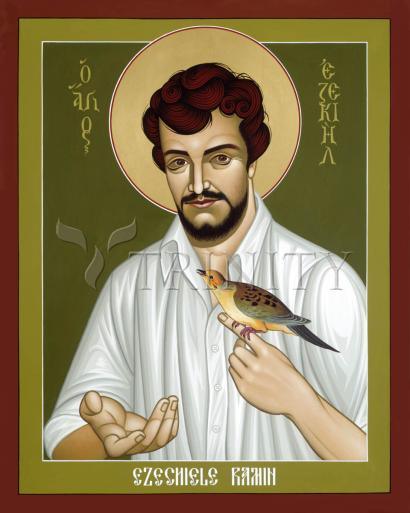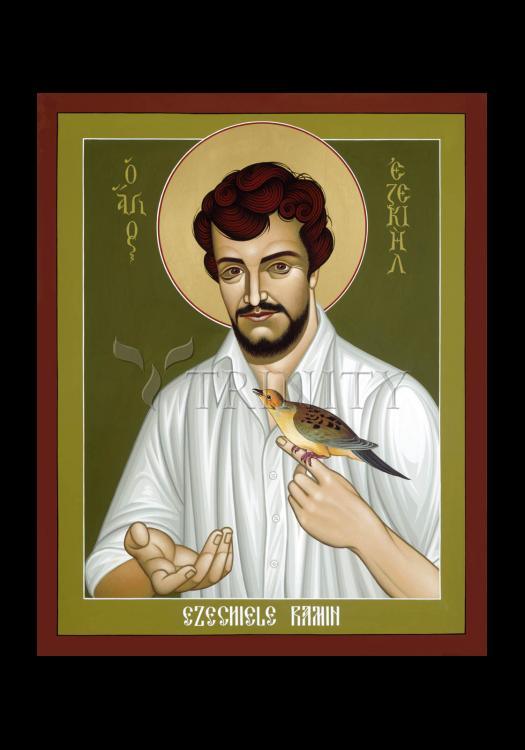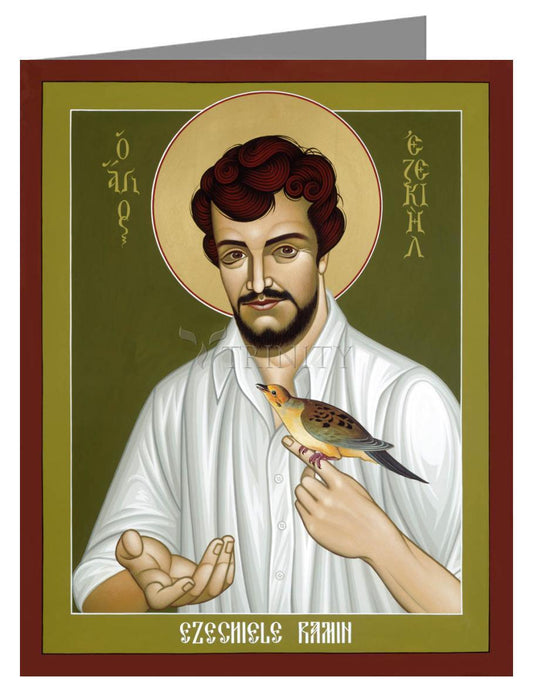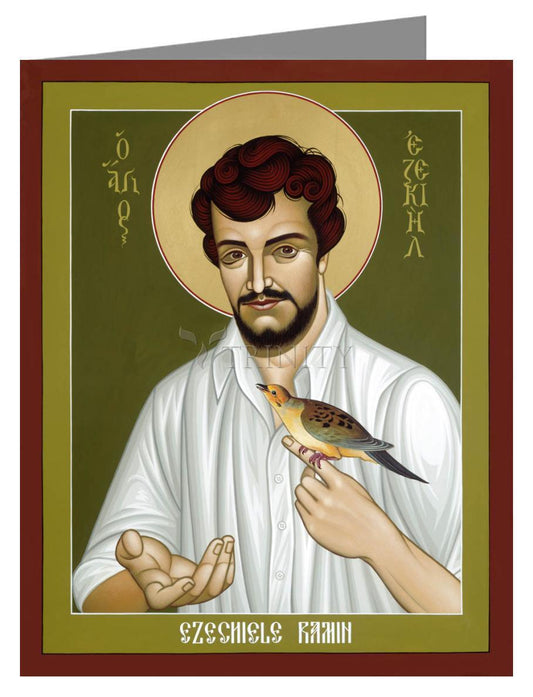I knew when he died that we had in common two passions, the Christ and the poor ones, for this I felt like a brother to him, martyr. As Christian Communities of Base we organized a trip to Rome in Navona public square to sit-in in front of the Embassy of Brazil. I spoke with Cardinal Ivo Lorsheider to express our solidarity, with Ezechiele, the Brazilian Church "comprometida", and for the agrarian reform in Brazil. I left on a mission for revolutionary Nicaragua and Sandinista. I dreamed and was determined, and carried with me the same eagerness of Ezechiele, to exceed the frontiers of the legality the ingiustizia constituted.
1980 represented for all years the hopes of liberation for the Latin American people; the history has classified instead a hard truth of oppression and failures to us.
Ezechiele has written: "I have the passion of who follows a dream... to walk on roads that do not have arrival, that do not have a sky where I feel only the small caveat of joy outside with one tremendous hard work" (letter of the 25/12/1984).
Between the dream and the social truth it is the historical distance of liberation and resistance; with Ezechiele's life a page was written in more than one book, the history of those who are sure that justice prevails.
The blood of the martyrdoms strains silent. It seems that they die in history, to the church-structure that seems to prevail on the collective consciences of the poor ones: who go to Rome in 2000, go to the catacomb, who go to Padova where is the tomb of Ezechiele.
A Brazilian friend, p. Carlos Alberto Pinto from Silva, parish priest to Waslala in Nicaragua, speaking about Ezechiele has written to me:
"It was May 1990 and in my first travel in Italy, they brought me with other friends to Padova: we prayed at the tomb of Ezechiele father, great companion of fight and brother of faith in the realization of the Gospel in Brazil. We had the certainty in our hearts that no criminal large estate owner could have buried the evangelical hope of men like Ezechiele. Personally we did not know ourselves, but we were to join you from the desire that all have the life in abundance. Following his missionary we went from Brazil to Nicaragua."
Ezechiele with his blood the 24 July 1985 has marked the hard life of the peasants, of "posseiros", "campesinos", the laborers, the indios, and the servants always. He designed his dream of life in a truth whose compensations and gratifications turn out insufficient to balance the personal accounts between the dream, the joy and the pain. Ezechiele is one of the persons, that has listened to the voice of God like an echo of the outcry of the overwhelmed ones. His vocation was one called to the service of the justice and of the love to the people of God in Brazil. All his life and his death reveal his ability to encounter with the necessities.
His violent death demonstrates that the force of the life and of the love for the next one does not finish with one bullet, neither with all the murderous bullets of the world. The sacerdotal ministry that he exercised continues to be for us a certainty that not is greater love that to give the life for others.
The example of Ezechiele, all the martyrdoms of the history, is the standard.
The people who will read these letters of Ezechiele above all will feel and know the faith in "God that loves the poor ones of the earth."
"Excerpts, translated from Portuguese, from: EZECHIELE RAMIN - WITNESS OF THE HOPE by Ercole Ongaro and Fabiano Ramin



